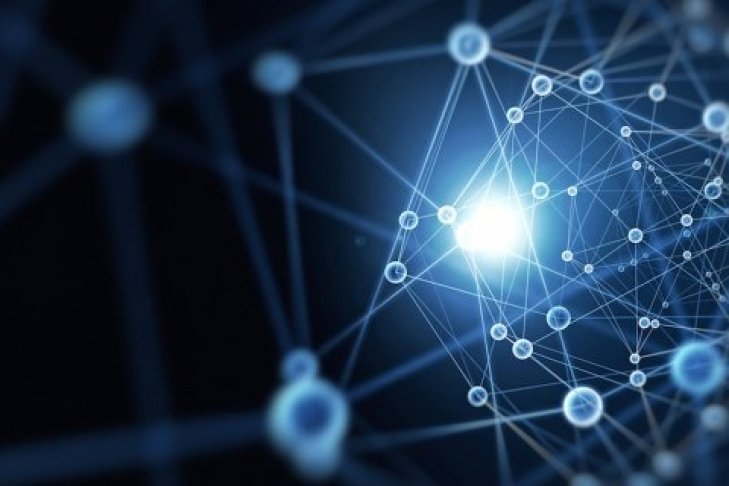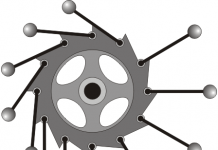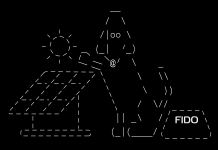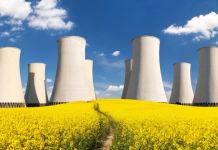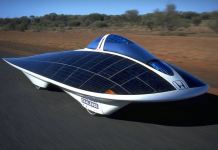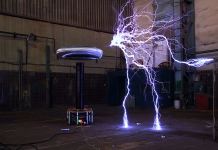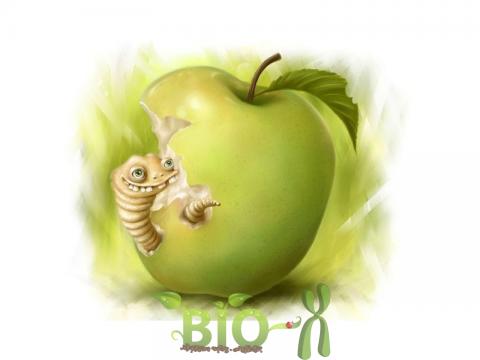Bioconversion is the conversion of biomass and waste using microorganisms with the purpose of obtaining thermal energy and biofuels. In other words is the conversion by microorganisms of some substances into others. The conversion of the widely used worldwide for the production of biogas. In 1973 biogas plants in China were up to 7 million, which gave the opportunity to provide fuel to rural residents.
To date, the bioconversion is leading the biotechnology industry. It evolves at a rapid pace. Using this conversion method daily from biomass butanol is obtained 6t and 4t of the mixture of ethanol with acetone. Also, the bioconversion can be used in combination with other methods of conversion (electrolysis, thermochemical method, etc.).
There are two types of course of bioconversion:
1. Single-stage bioconversion involves the process of fermentation (resulting In formation of alcohols and organic acids), isomerization (getting fructose by enzymes from glucose) and the formation of steroid hormones (used in pharmacy to obtain pharmaceuticals).
2. Multistage bioconversion occurs in several stages until the desired result is achieved. For the realization of multi-step bioconversion need to use mixed cultures of microorganisms or adding on different stages of different strains of microorganisms. To multistage bioconversion include wastewater treatment processes, obtaining forage proteins, natural bioconversion (vermicultivation) and obtaining biologically active substances (hormones, vitamins and antibiotics are used in pharmacy and medicine).
The most widely aerobic and anaerobic conversion. These technologies are widely used for processing agricultural waste with the receipt of the products rich in biologically active substances.
The development of bioconversion consists of breeding new strains of microorganisms, increasing their life cycle, and the use of new organisms, such as earthworms and escargot.
In comparison with chemical methods of conversion bioconversion has several advantages:
• Products, which are obtained during this process, have a clear structure and do not contain impurities in the final product.
• This process is much cheaper and less expensive, as the substance by which the process of bioconversion, is synthesized by most microorganisms.
• Generally, processes using this technology, are reaction of the same type.
• The result of the conversion products are obtained, have related structures.
• The process of bioconversion takes place under mild conditions (low temperature and low cost energy, thus the reaction rate is quite high).
• In the process of cleaning various contaminants do not form other harmful substances.
Bioconversion is used in many industries. The use in pharmacy and medicine gives you the opportunity to obtain medicines, such as hormones, insulin, and other. Use in the food industry gives you the opportunity to obtain cellular yeast, fungi, proteins, food and feed. With the help of bioconversion occurs wastewater treatment and promotes the recycling of household organic waste, thereby positively affecting the environment.




